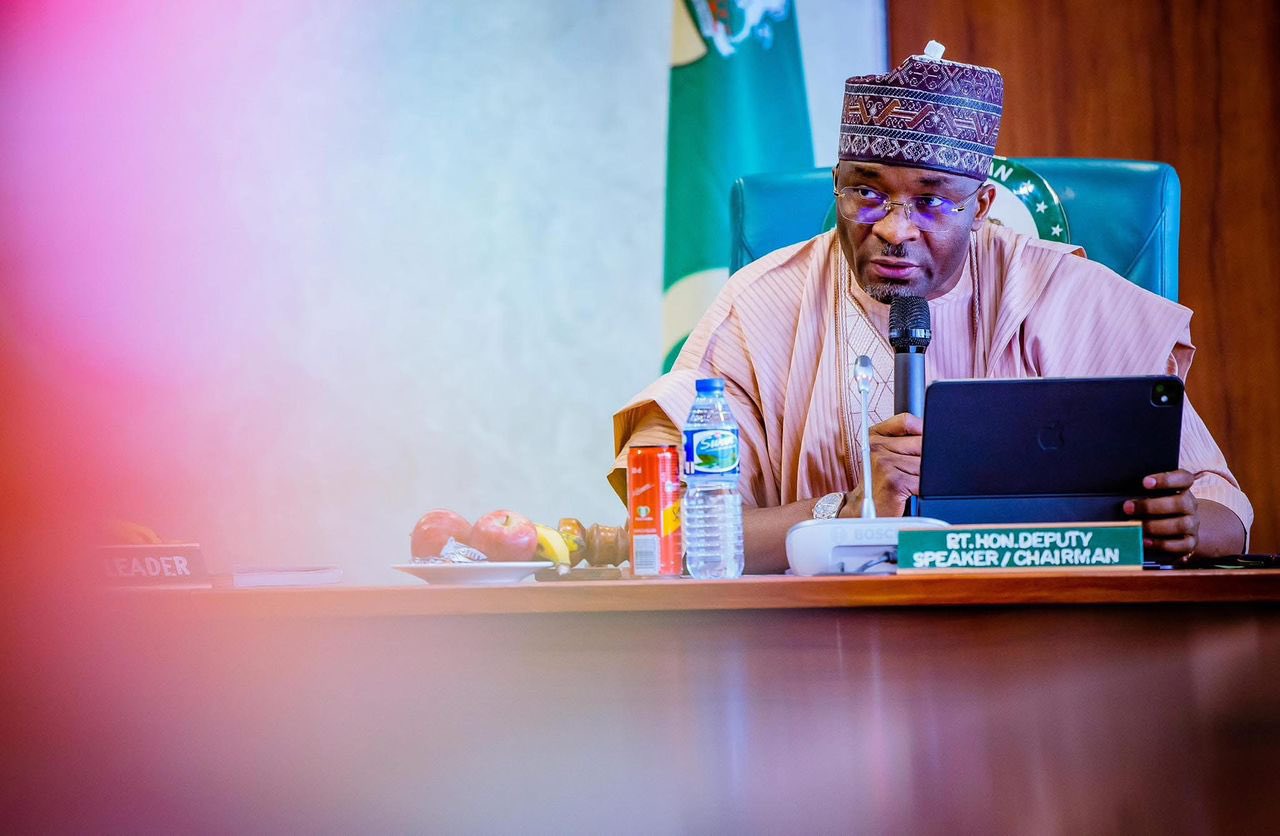By Adeyemi Adekunle
The House of Representatives has announced a national dialogue focused on local government autonomy, set to take place on December 2, 2024, in Abuja.
This initiative, steered by the Committee overseeing the assessment of the 1999 Constitution (as amended), seeks to engage citizens in formulating a framework that strengthens the independence of local administrations across the country’s diverse geopolitical landscape.
During a proactive meeting at the National Assembly, the Deputy Speaker of the House, Rt. Hon. Benjamin Okezie Kalu, underscored the importance of this forthcoming dialogue.
He remarked that it provides a crucial platform for stakeholders to consolidate ideas and strategies aimed at fostering robust local governance, which is integral to the broader constitutional review efforts.
“This event is not just an assembly of lawmakers,” Kalu stated. “It is a vital opportunity for Nigerians to engage meaningfully in discussions that affect their lives and communities.
Our goal is to lay a foundation that ensures local governments operate independently and effectively, thereby enhancing public service delivery and fostering accountability.”
The national dialogue will be complemented by zonal public hearings commencing in January 2025, designed to ensure broad representation from all corners of the country. The scheduled hearings will take place across twelve states, thoughtfully selected to cover all six geopolitical zones of Nigeria, including Gombe and Borno in the North East, Nassarawa and Niger in the North Central, and extending to Enugu and Imo in the South East, among others.
Kalu emphasized the need for inclusivity in this process, urging committee members to actively engage with their respective state legislatures, governors, and local stakeholders.
“This is an opportunity for all voices to be heard. We must ensure that the engagement process is representative of the diverse viewpoints within our society,” he said, calling for collaboration across all political affiliations and social backgrounds.
The initiative is poised to reinvigorate discussions surrounding the long-debated issue of local government autonomy, which has traditionally been a contentious topic in Nigerian politics. Local governments have often grappled with issues of financial dependence on state administrations and bureaucratic inefficiency, limiting their ability to serve the needs of their communities effectively.
The dialogue will not only focus on local government autonomy but will also address other pressing issues such as tax reforms relevant to the constitutional amendment. This holistic approach aims at delivering a comprehensive review of the Constitution that reflects the contemporary needs of Nigerians while reinforcing the pillars of democracy and federalism.
As the committee gears up for the national dialogue and subsequent public hearings, there’s a palpable sense of urgency among lawmakers to harness the collective will of the citizens in shaping the future of local governance in Nigeria. Kalu called on stakeholders to prepare thoroughly for the forthcoming hearings, urging them to bring forward their insights on the 161 areas currently under review.
“Let us strive for full participation. Engage your colleagues, governors, and local representatives to guarantee that every voice contributes to this important discourse,” he implored, highlighting the necessity of meticulous planning to facilitate efficient presentations during the dialogue sessions.
In what appears to be a determined effort to transcend historical divisions, Kalu urged attendees to approach the meetings without bias—be it political, religious, or ethnic—stressing that unity is essential in achieving a common goal. “Everyone who is a Nigerian should be in that room. We must work together to articulate our preferences and aspirations for effective local governance,” he asserted.
The announcement of the national dialogue and the upcoming public hearings has been welcomed by political analysts and advocacy groups, who see it as a pivotal moment in Nigeria’s democratic evolution. Activists and citizens alike have long called for reforms that empower local governments to operate independently, thereby enhancing service delivery and ensuring accountability at the grassroots level.
As Nigeria stands at this critical juncture, the outcome of these engagements could define the trajectory of local governance and constitutional reform in the country, making this a historic opportunity for citizen participation in shaping the nation’s democratic landscape.
The House of Representatives is prepared to take the necessary steps to integrate the feedback from these dialogues into potential legislative changes. Many hope that this move will be the catalyst needed to bolster the performance of local governments, ultimately leading to improved socio-economic conditions and a stronger democratic framework.
The nation now awaits the dialogue on December 2, anticipating discussions that could reshape the very foundation of local governance in Nigeria, fostering greater autonomy and accountability for the benefit of its citizens. This ambitious initiative is seen as a testament to the commitment of the current leadership to foster a government that is truly representative and responsive to the needs of the populace.




